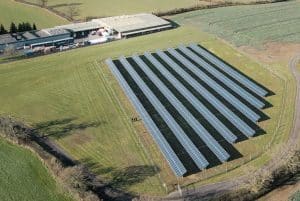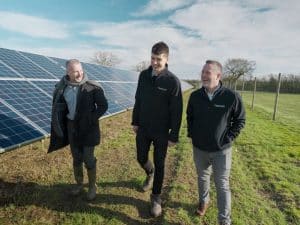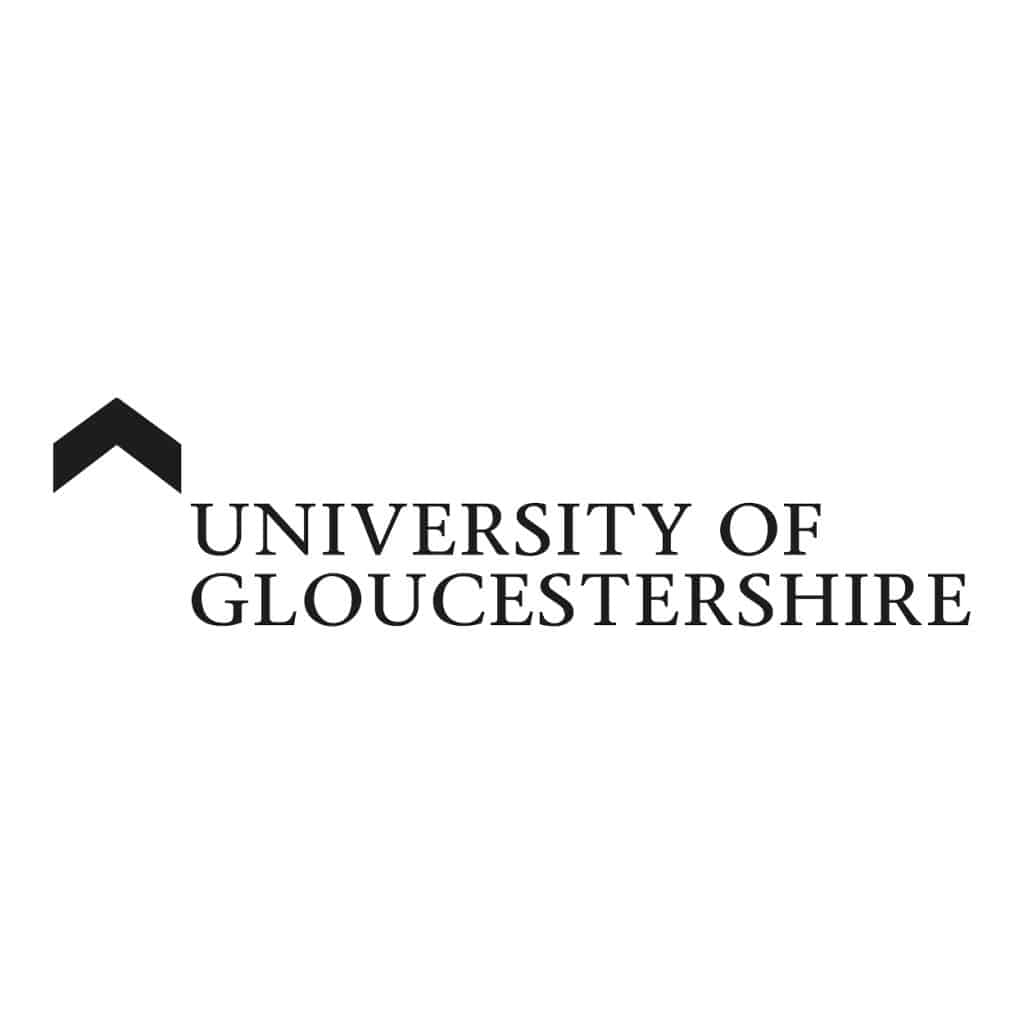
A Bristol-based environmental charity has signed up to a groundbreaking new way of sourcing its energy and demonstrating its commitment to a more sustainable future.
The Soil Association is one of the first Good Energy business customers to use ‘hourly matching’, providing unprecedented levels of detail on how its power is matched on an hourly basis with renewable sources such as solar farms.
The information helps businesses to understand how their power is generated and simplifies carbon reporting by providing game-changing levels of transparency – transforming the fight against ‘greenwashing’.
The Soil Association explains the difference it has made in a new Good Energy film, which also features Leeways Packaging Services near Gloucester, whose solar panels provide some of the electricity used.
Good Energy is the first UK energy supplier to share hourly energy matching data with its larger business customers.
Customers use an online platform, provided in partnership with Granular Energy, to see which generators are supplying their renewable electricity, with daily, weekly and monthly trends showing when their matching is highest.
This allows business to slash their carbon emissions by shifting their usage to times of higher renewable power generation. The platform also shows when more power is being used than expected, avoiding inefficiencies and saving money.
The Soil Association is a leading food and farming charity which builds natural solutions for some of the biggest environmental and health challenges we face today. It seeks to help people understand the provenance of the food and products they buy so they can make more sustainable choices. Hourly matching enables the charity to take the same approach with how it sources its energy.
Spokesperson Pete Williams said: “We’re always trying to connect people with the source of their food and where their products are coming from, in the same way Good Energy are showing us exactly who’s helping to produce our energy.
“Many people say they feel powerless in the face of climate change but we all make choices, not matter how small, that can have a benefit.
“And when you look across business, communities and individuals, choosing renewable energy adds up to a massive difference.”
Leeways Packaging Services, which produces recyclable trays for the food industry, has more than 1,700 solar panels on land next to its Churcham headquarters along with an even larger solar facility at its other manufacturing site in Cinderford.
Commercial manager Jack Griffin said: “We only operate Monday to Thursday, so about 25 per cent of what we generate gets exported back to the grid.
“It’s great to know that our surplus electricity is helping other businesses to boost their green credentials.”
Good Energy, based in Wiltshire, has been supplying renewable electricity for almost 25 years, sourced from a UK network of 2,000 solar farms, wind farms, hydroelectric schemes and other projects.
Chief executive Nigel Pocklington said: “To build a zero-carbon grid that’s free from polluting and expensive fossil fuels, we have to get better at using renewable electricity as it’s generated and storing it for when it’s needed.
“Hourly matching provides business owners with truly transparent insights into how they’re powering their operations and how they can be more sustainable.
“It’s the future of renewable energy use in the UK and will play a key role in supporting the transition to a cleaner and greener economy.”
Visit www.goodenergy.co.uk

Pete Williams of The Soil Association (left) with Leeways commercial manager Jack Griffin and production director Anthony Marshall at their solar farm





